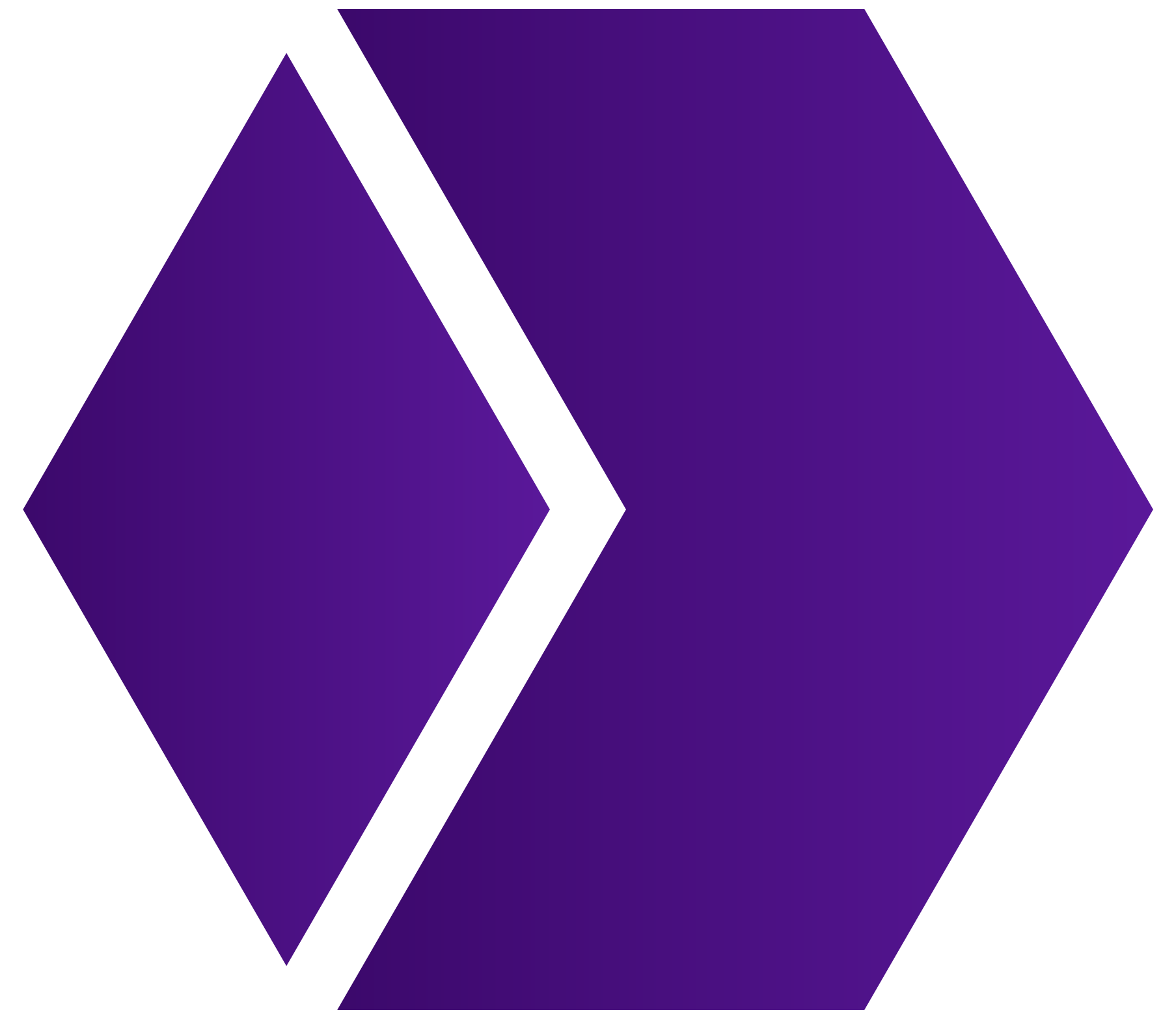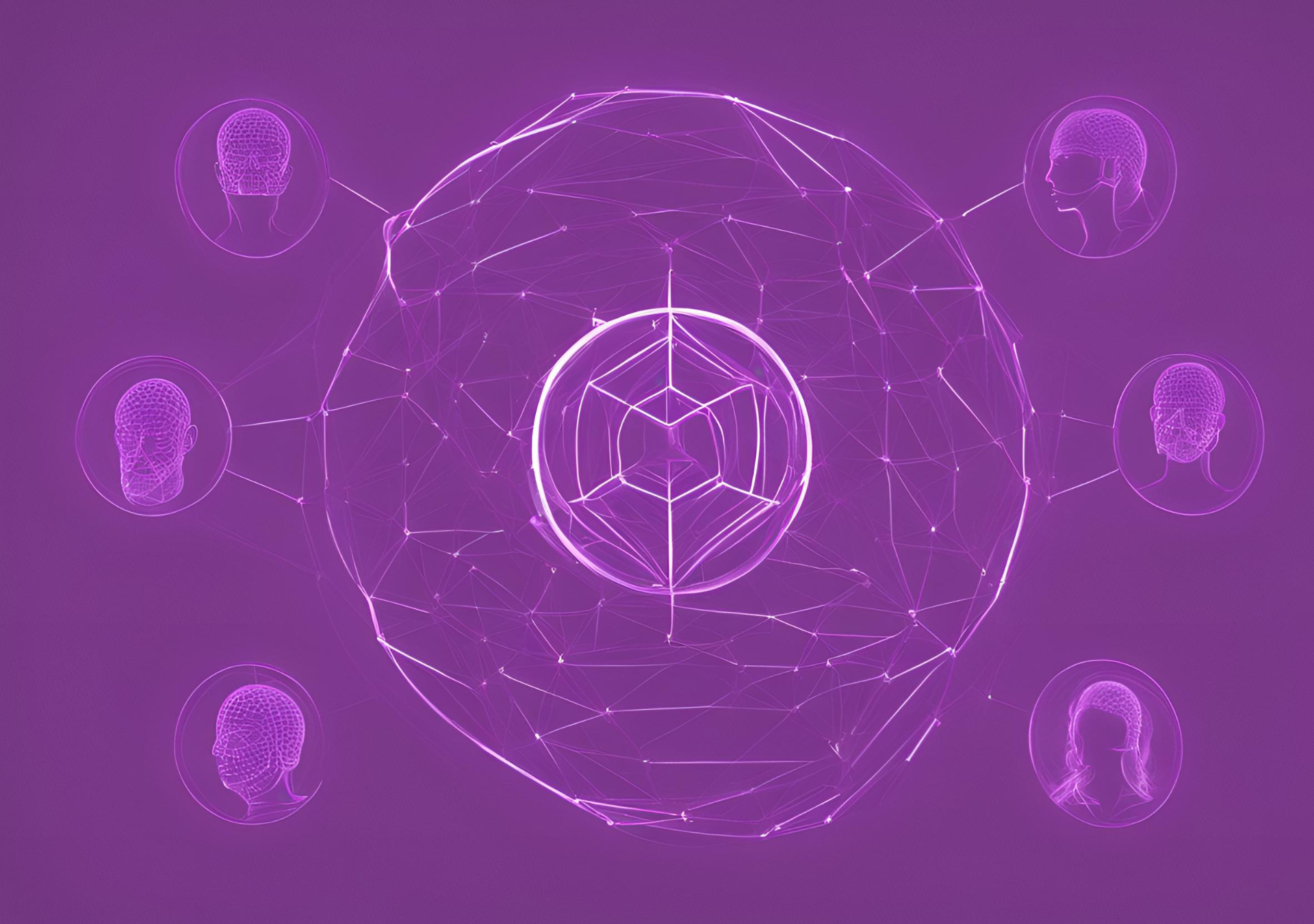The emergence of blockchain has captured substantial interest and attention owing to its disruptive potential in reshaping diverse industries. At its core, blockchain is a decentralized and distributed digital ledger that securely records and verifies transactions across multiple computers or nodes. The fundamental concept of blockchain revolves around blocks of information, where each block contains a set of transactions or data. The blocks are interconnected in a sequential manner, creating a continuous series of linked blocks. The decentralized nature of blockchain ensures that each participating node in the network maintains a copy of the entire blockchain, providing redundancy and making it highly resistant to tampering or fraud. Another key feature of blockchain is its immutable nature, which means that once a block is added to the chain, it becomes extremely difficult to alter or delete the information it contains. Unlike traditional centralized systems, blockchain enables trust and transparency without the need for intermediaries or central authorities.
Permissionless blockchains offer an entirely immutable transaction history without the need for a central authority, while permissioned blockchains depend on a distributed trusted third party to uphold a reliable and consistent ledger. Although permissioned blockchains ensure robust security and trust, they may exhibit slower performance compared to centralized alternatives. Variations in latency measurements can arise across different implementations of permissioned blockchains due to factors such as consensus time, transmission delays, network capacity, and miner connectivity.
In today’s digital age, where our lives are increasingly intertwined with online platforms the need for secure and reliable identity management cannot be overstated. However, traditional centralized identity solutions, which have long been the norm, come with their fair share of disadvantages. Privacy compromise stands out as a significant concern associated with centralized identity solutions. When individuals entrust their personal information to a central authority, they relinquish control over their data, exposing themselves to potential data breaches and unauthorized access. Moreover, any breach or compromise in the infrastructure of the central authority can have far-reaching consequences, including widespread identity theft, fraud, and unauthorized exploitation of sensitive information. Overall, centralized identity solutions often result in a fragmented and cumbersome user experience.
The issue lies in the centralized management and control of identification solutions by agencies or governments. This concentration of power grants authorities the ability to revoke verifiable credentials (VCs), resulting in the loss of associated data and potentially impacting individuals’ digital records. To address the issue of central authority control, one effective approach is leveraging blockchain technology. By integrating blockchain into the management of verified credentials, a decentralized and tamper-resistant solution is achieved. This implementation mitigates the risks associated with data loss or tampering stemming from centralized authority actions. The decentralized identity solutions enable individuals to have greater control over their digital identities and personal data without relying on a central authority. It is designed to shift the power and ownership of identity management from centralized entities to the individual users themselves.
Advantages of a Decentralized Identity Solution
- Enhanced Privacy and Security
Decentralized identity solutions provide substantial advantages when it comes to bolstering privacy and security. It permits individuals to retain control over their personal data, deciding what information to share and with whom. The elimination of central authorities or intermediaries substantially reduces the likelihood of unauthorized access and data breaches. This heightened security is achieved through the utilization of robust cryptographic techniques and distributed ledgers, ensuring the integrity and protection of identity information.
- Increased Control and Ownership
Decentralized identity solutions empower individuals by bestowing them with increased control and ownership of their digital identities. Rather than depending on third-party organizations for identity management and verification, individuals can independently manage their own identities through the use of cryptographic keys. This transfer of control ensures that individuals have the ultimate authority over the utilization, sharing, and accessibility of their personal information. Additionally, this shift significantly diminishes the chances of personal data being exploited for unauthorized monetization or targeted advertising purposes.
- Trust and Transparency
The use of blockchain technology in the decentralized identity space inevitably introduces transparency and trust. Each transaction and verification within the system is meticulously recorded on an unalterable and widely distributed ledger, guaranteeing the integrity of identity information. This transparency builds trust and strengthens the relationships between individuals and service providers.
- Seamless Interoperability
Centralized identity solutions often provide a fragmented and burdensome experience to the user encouraging them to create separate identities for each platform or service they use. Decentralized identity solutions aim to streamline this process by enabling interoperability. With a unified digital identity, individuals can easily authenticate themselves across multiple platforms and services without the need for separate usernames and passwords. This not only alleviates the administrative burden on both individuals and organizations but also simplifies the user experience.
- Empowering User-Centric Services
With individuals in control of their identities, organizations can tailor their services to meet specific user needs while respecting privacy preferences paving the way for user-centric services in the digital world. This shift from organization-centric to user-centric shows that the individuals have personalized and meaningful interactions online. Additionally, it allows individuals to effortlessly transition between service providers, eliminating the need for creating new accounts or going through repetitive identity verification procedures.
With the vivid objective of enhancing security and user convenience, Soulverse is working towards a game-changing strategy of creating a biometric-based Secure Service Identifier (SSID) that is compatible across many chains. The benefits of a biometric-based SSID extend beyond trust and privacy, tackling the inadequacies of existing authentication techniques while also providing a number of advantages. Leveraging the uniqueness and non-replicability of biometric data, it enhances security significantly. The implementation of passwordless access and seamless web3 authentication enhances user convenience and comfort. Furthermore, achieving interoperability across different blockchain networks ensures consistency in identities and access credentials across industries, thereby reducing administrative costs for both users and service providers.
These advantages make the Soulverse solution an enticing choice for businesses seeking secure and user-friendly authentication methods that aggressively address the limitations of conventional mnemonic-based private keys or passwords.





